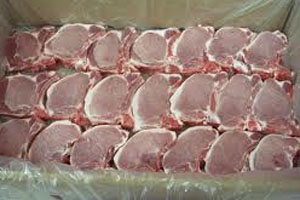USMEF: US pork industry could do better in China

US Meat Export Federation (UMEF) president and CEO, Philip Seng, has just returned from the Greater China region, where he examined current market conditions for pork and beef.
His first stop was Taiwan, which had been one of the fastest-growing markets in recent years for US beef exports, setting new value records every year from 2006 to 2010.
Beginning in early 2011, beef trade suffered a major set back due to Taiwan’s zero-tolerance policy on ractopamine use. Recently, however, Taiwan adopted a maximum residue level (MRL) for ractopamine residues in both imported and domestic beef, similar to the policy used in many other foreign markets. Seng says this policy change has rejuvenated buyer interest in US beef across several commercial sectors in Taiwan, and created a much more favourable business climate.
With regard to mainland China, Seng notes that economic growth has slowed somewhat from the torrid pace China had seen in recent years. But this shouldn’t cool the US meat industry’s interest in the market, because China still offers tremendous opportunities.
He says regaining market access for US beef in China is an urgent trade priority and adds that although China is already a key destination for US pork, better availability of accurate market information would help the US pork industry better serve this market.
Source: USMEF







